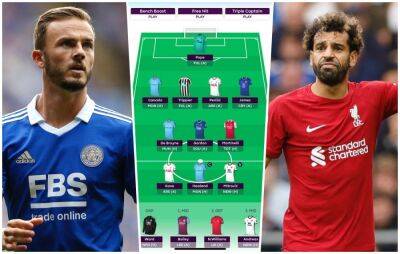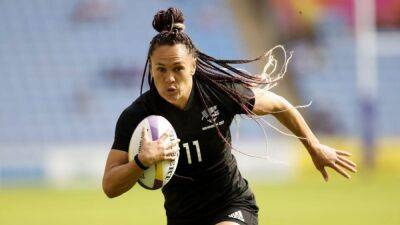Wild's Dumba on the significance of role in Black Ice documentary
Premiering on Saturday at the Toronto International Film Festival, Black Ice - directed by Oscar nominee Hubert Davis and executive produced by LeBron James, Drake, and Maverick Carter - examines the role of Black players in Canadian hockey, from pre-NHL contributions to the game to the struggles against racism that continue to this day.
The documentary brings together women and men from both major and minor leagues and their stories of pain, bravery and excitement with hopes of a more inclusive future in the game.
Minnesota Wild defenceman Matt Dumba, a founding member of the Hockey Diversity Alliance, spoke to TSN's Gino Reda about being able to contribute to the film.
--
Gino Reda: Matt, you joined PK Subban, Anthony Duclair, Sarah Nurse and so many more to share some very difficult stories in this movie, why was it so important to you to be part of this project?
Matt Dumba: Yeah, that list of names...I'm just honoured to be part of this. The journey for all of us has been different. It's crazy that a lot of the stories are the same, and I think it's important for us to be able to all heal and grow because I know there's thousands of kids across the nation - Canada, (United States) - that have some stories just like us as well, so to show them that they're not alone in this I think is very powerful.
GR: You were the first NHL (player) to kneel during the national anthems back in 2020. How far have we come since then and how much further do we need to go?
MD: That's a great question...there's definitely room to grow, there's still kids dealing with racism at the grassroots level and I think that's where it all starts. So it's being able to create programs in BIPOC communities, hopefully all the major cities across







